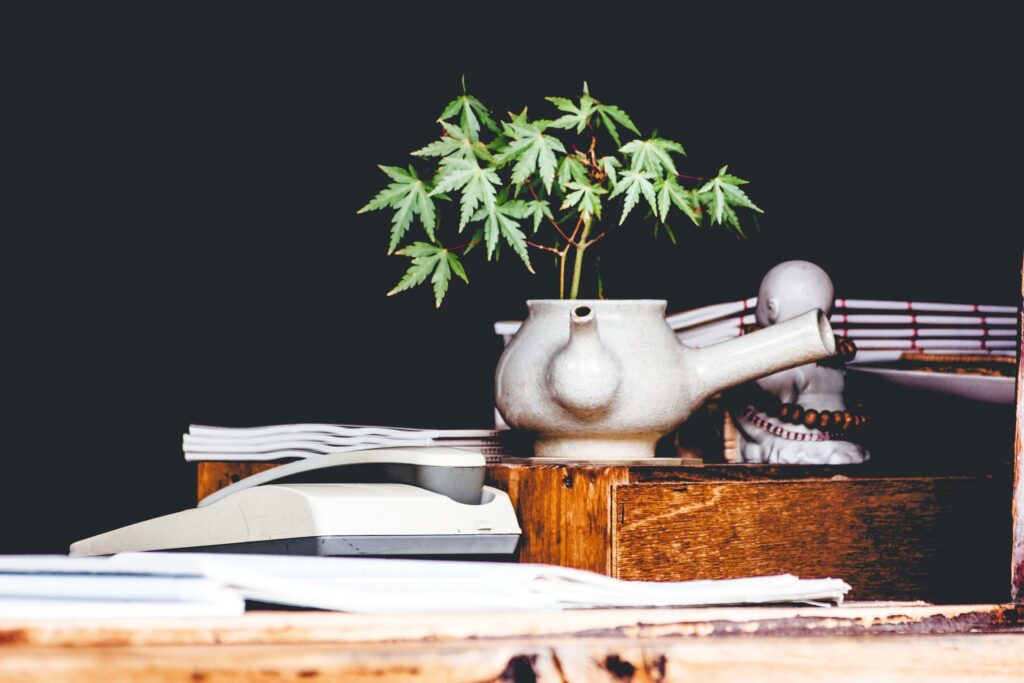Cannabidiol, or CBD, does not need an introduction as it is enjoying immense popularity as of the moment. It differs from another famous cannabinoid, tetrahydrocannabinol (THC), and offers a myriad of therapeutic benefits for the public.
CBD stands in the middle of the medical marijuana movement, as a potential cure for leading causes of mortality. The substance is widely accessible with CBD oil, supplements, creams, and more.
Is CBD worth the try or just another hype?
CBD as Medicine
If you’ve been looking for pain relief and anti-inflammatory medications, you may have come across cannabidiol. Aside from those areas, there are ongoing studies and clinical trials on the ability of extracts like CBD and marijuana, in general, to treat the symptoms of HIV, MS (multiple sclerosis), seizures, substance use disorders, and mental disorders, according to the National Institute on Drug Abuse.
The study of CBD is still in its early stages, but it has achieved milestones that strengthen its case as a viable medicinal drug. The Food and Drug Administration has approved a medication that contains CBD to control seizures brought by rare and severe forms of epilepsy. Thirty-three states have also legalized the use of medical marijuana as of this writing.
What’s more, the global industrial hemp industry is poised to grow to $13.03 billion in 2026, according to market research company Reports and Data. Thus, you can expect the number of CBD-derived or CBD-infused products to increase in circulation, invading even ice cream. However, food and drinks infused with CBD are still illegal on the federal level.
A Bit about CBD and THC
CBD and THC are both cannabinoids but differ in many ways. THC is the psychoactive component of marijuana and the reason you get “high” when it enters your system. Taking in THC-laden drugs can be intoxicating and addictive. Delta-9-tetrahydrocannabinol has health benefits that are similar to those of CBD.
Cannabidiol can’t bind receptors that cause euphoria, paranoia, or other mind-alternating sensations. On the contrary, it appears to weaken the psychoactive effects of THC.
These are the states where recreational or medical marijuana or both are legal.
CBD and Drug Tests
Consuming CBD oil won’t generally cause you to fail a drug test. To comply with relevant standards, cannabidiol derived from hemp contains at most 0.3 percent of THC, as this infographic will show.
While the likelihood of using cannabidiol leading to testing positive is rare, you may have to be careful with the dosage of CBD products. It’s best to stick to the prescribed amount and confirm the level of THC they contain.
When choosing CBD products, your focus should lie on THC and how its traces won’t appear in the drug test. Start by purchasing cannabis-derived products that are proven both safe and reliable for consumption. Don’t fall for dubious claims on the internet, as some of these products may not contain CBD at all.
The Takeaway
Who would have thought that CBD would grow this big and that local, state, federal, and international bodies, to some extent, have to keep up with regulations or guidelines? This state of flux is reflected on confusion about what constitutes legal or illegal use of marijuana on a state or federal level without dabbling into jargon.
As it is, cannabidiol is promising, to say the least, especially in terms of how it can improve the quality of life. It is worthwhile to see what it can do for your mind and your body. But proceed with a caveat emptor when buying products that sound too good to be true because they most likely are.
Photo URL: https://unsplash.com/photos/ADqQgiStp4c

